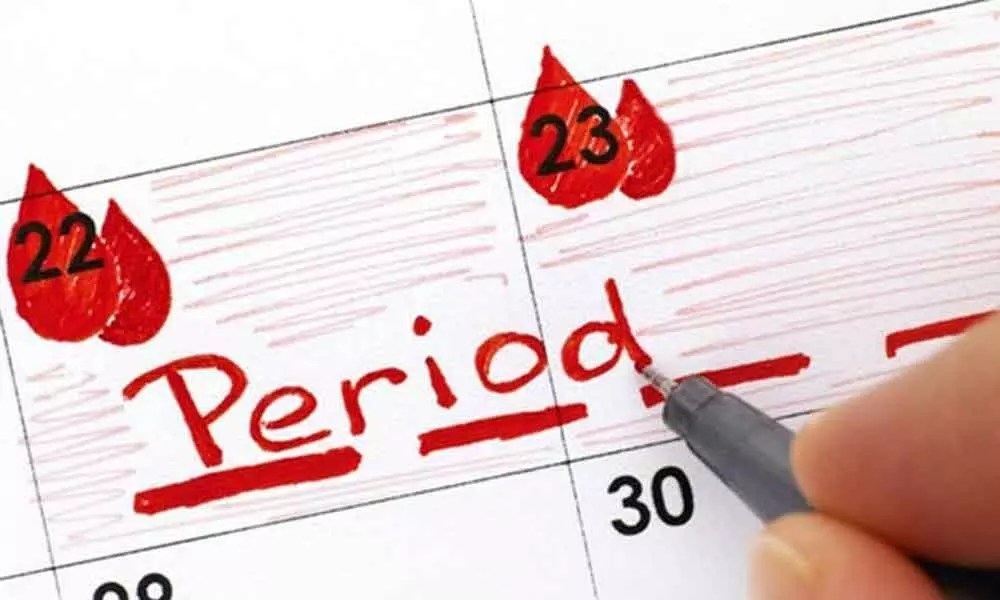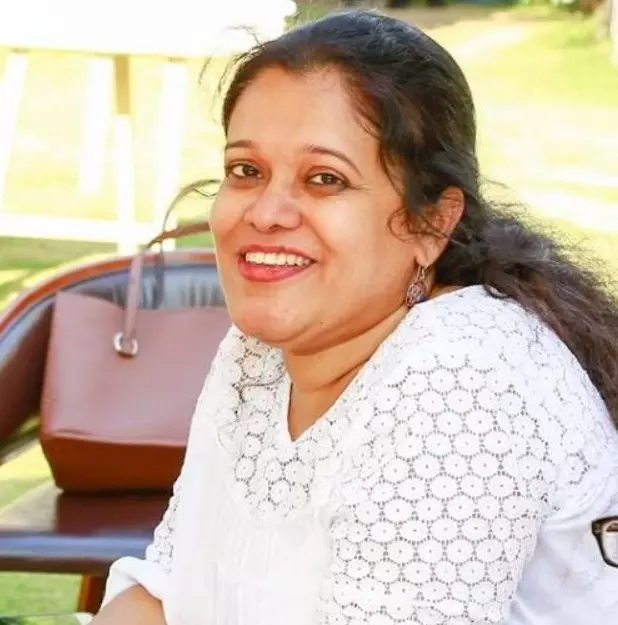Live
- Revanth calls for 10-day festivities from Dec 1
- ‘Storytelling’- a platform to share pain, inspire people
- Our govt will extented all help to young entrepreneurs: Ponnam
- 1,200 participate in Sahasra Galarchana at Tirumala
- IT Minister reassures govt support to start-ups
- Naidu, Pawan say it is Maha display of ‘people’s trust in PM’
- It’s only industrial corridor, not a Pharma City, CM clarifies
- Sathya Sai’s teachings of love worthy of emulation, says Guv
- Sowing the seeds of democracy
- Sudanese army recaptures capital of Sinnar State in central Sudan
Just In

Period Gyan for all Ages
Menstrual cycle or periods despite getting out of closet, and open to discussion is still a much misunderstood concept. From day one of periods, girls are riddled with doubts.
Menstrual cycle or periods despite getting out of closet, and open to discussion is still a much misunderstood concept. From day one of periods, girls are riddled with doubts.
It all begins with teenagers and their mothers worrying about a no-show, and then suddenly you are greeted by the guest when you least expect. Yes, the missing periods. It isn't a problem in most cases. Young girls may not always ovulate regularly and hence irregular periods. With time your flow will become more timely and regular. However, you may also experience the common irritants – PMS, cramps, and breast tenderness; something you may not have experienced before.
The 20s women if they are on birth control; the pill may experience changes in the usual flow; and there may in some, also be times when periods will disappear.
Just a word of caution; do not normalise the pain – be it pain in the pelvic region, pain in lower back, lower abdomen, long periods and heavy periods – do seek an expert advice to rule out trouble.
The 30s are about regular periods and the schedule is more or less on track. Any sudden heavy flows, or consistent pain, more intense than the usual, may not be normal. Irregularities, especially heavier bleeding may mean fibroids. It is extremely important to go for proper medical check-up.
And when you have babies, after the nine months, and delivery, you may go without periods for six weeks unless you are nursing. You period will not come back until you breastfeed or reduce the frequency of nursing your baby. And in the lucky few cramps disappear with pregnancy.
In the 40s the body is getting ready to bring in menopause. Hormonal changes also affect ovulation, and estrogen levels. Missed to heavy periods, spotting and longer periods of PMS – predictability making way to unpredictable, are characteristic of the decade. However even with erratic periods, and a few months of missing your period, that does not mean it's some kind of contraceptive, and you can still get pregnant. It is not menopause until periods stop for atleast one year.

© 2024 Hyderabad Media House Limited/The Hans India. All rights reserved. Powered by hocalwire.com







